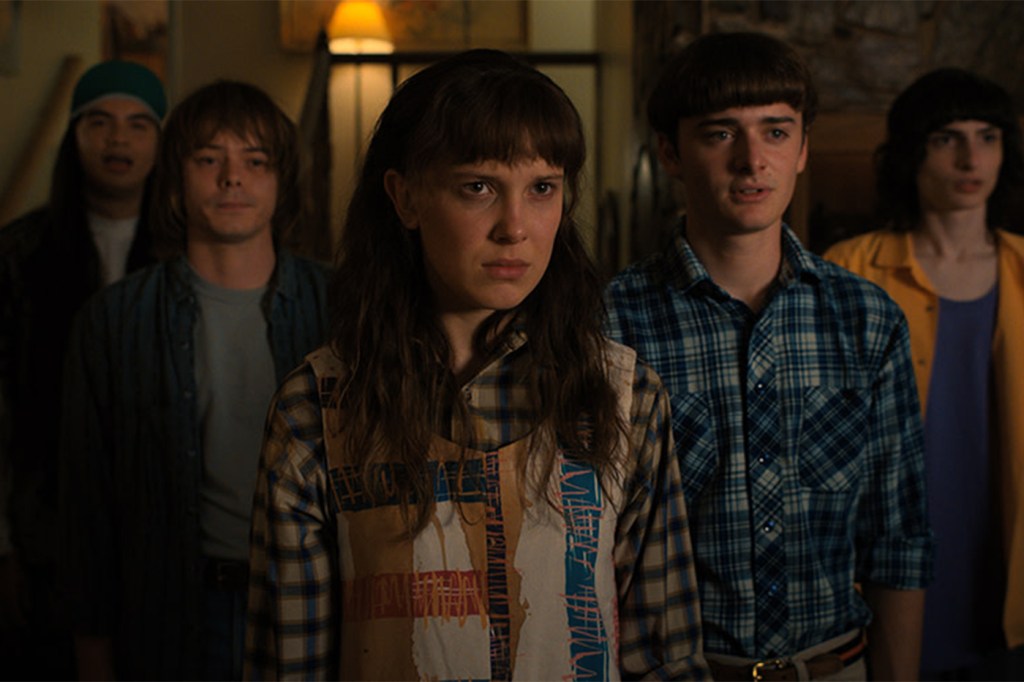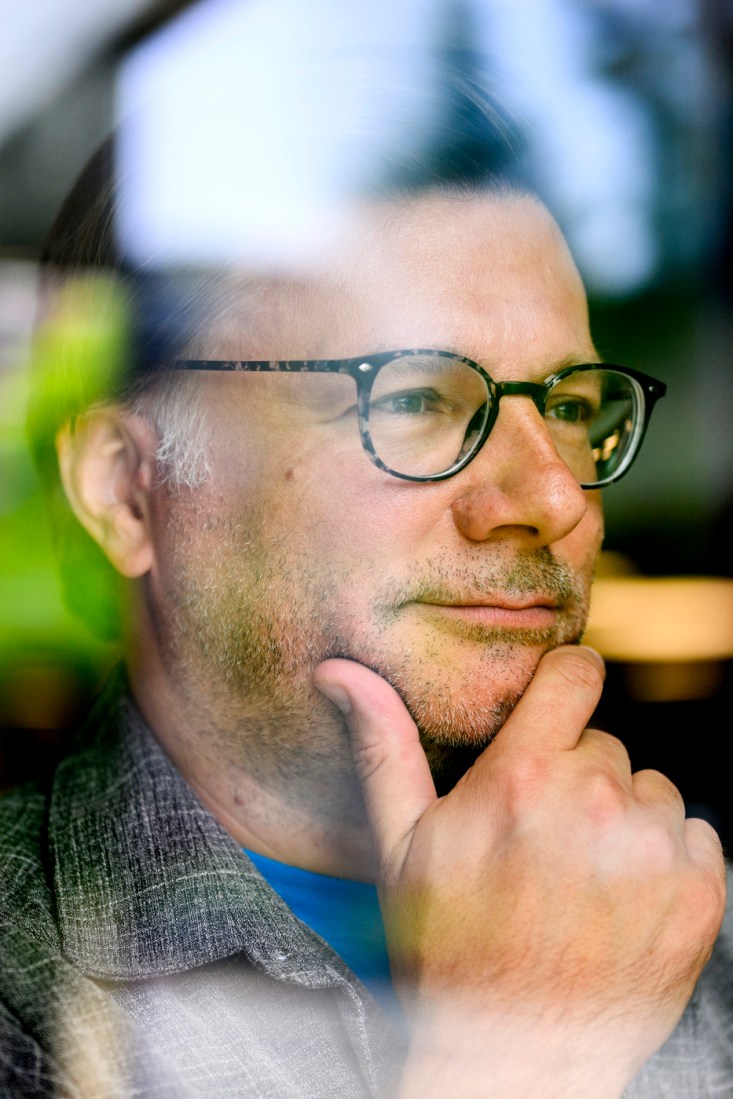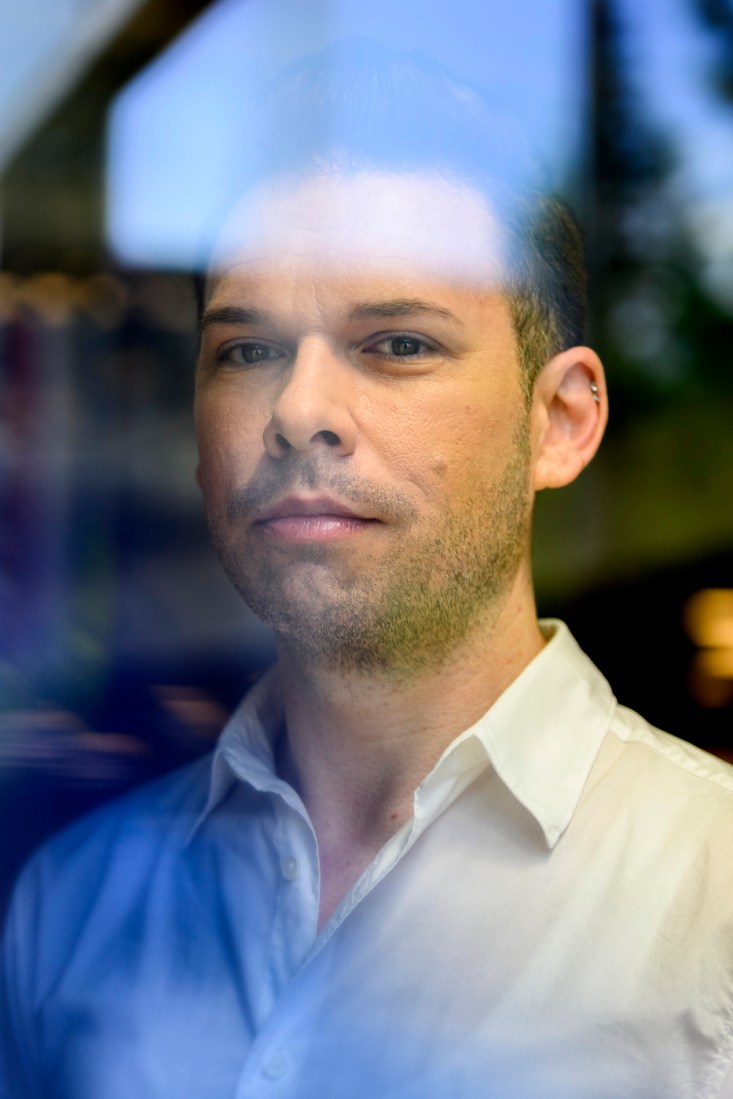From ‘Bridgerton’ to ‘Stranger Things,’ why is Netflix taking so long to release new seasons?
This idea of waiting years between seasons is “endemic” to streaming services, says Seth Mulliken, an associate teaching professor of communication studies at Northeastern University.

“Bridgerton” is one of Netflix’s biggest hits, with the latest season bringing in over 28 million views. And yet, the streaming service doles out new seasons of the show sparingly, with two years between each new installment.
It’s not just “Bridgerton.” Fans of shows like “Stranger Things,” “Yellowstone,” and “Euphoria” have waited years for new seasons.
This idea of waiting years between seasons is “endemic” to streaming services, says Seth Mulliken, an associate teaching professor of communication studies at Northeastern University.
Broadcast TV shows, for the most part, still use the model of releasing 20- to 24-episode seasons that run between fall and spring. These shows operate on a limited budget, using the same set location for filming and sticking with the same billed cast every episode. The plotlines tend to be formulaic, meaning a single episode can stand on its own without necessarily needing context.


On the other hand, Mulliken says, streaming shows tend to be more like movies. Each episode has a unique, contained storyline and the budget offers more elaborate sets and costumes. But there’s often not the budget to create 20- to 24-episode seasons with these components.
“Streaming TV shows exist in a very hazy and ambiguous place, a kind of overlap between things that used to be very distinct,” Mulliken said. “A streaming TV show has to have the narrative (and) visual complexity of film, but has to exist across a number of episodes. … Each episode has to have its own narrative arc, meaning it has to have a good cliffhanger at the end of it at the end of the episode and there has to be a strong conclusion at the end of the season.”
The delay between streaming seasons is a result of several factors, says Kristopher Cannon, a teaching professor of communication studies at Northeastern. Streaming services like Netflix are figuring out the optimal model for their programming, whether it’s experimenting with original content (like “Love is Blind”) or slowing down between seasons of shows.
Featured Posts
“They are wrestling with the model they set up, which is that they’re more concerned about subscribers over … the quality of the content and the variety,” Cannon says. “It almost seems like they’re testing out what will hold subscribers longer by playing with models.”
For example, Netflix released the latest season of “Bridgerton” in two chunks: one in May and one in June. This, Cannon says, could potentially keep subscribers for another month. As such, it makes sense for streamers to stagger content; if something new is released every month, they can keep people paying for a little bit longer.
These streamers are also funding these shows. They may want to wait after a season to see if it’s worth funding a subsequent one, Mulliken says. This can sometimes lead to further delays if a show’s stars take on other projects in the meantime and fill up their schedule.
Production delays might also be behind the expanse between seasons, Cannon adds. The writers’ and actors’ strike from last year lasted months, meaning there was a halt in a lot of filming until a deal was reached.
“What’s currently happening is the fallout after the most recent strikes,” says Cannon, who specializes in digital media and digital visual culture. “That’s still having an impact. Even when I talked to a couple of my friends in Boston who work in the film and television industry on the production side, they are still having projects that are held up for those reasons. … It very well could have been partially because of production, but there’s also some strategy and some leeway.”
Whether this model will continue and we’ll have to wait at least four years for the fifth season of “Bridgerton” will depend on the success of the model.
“The idealist in me hopes that they’re realizing what the problems are when we release seasons all at once,” Cannon says. “In general, it results in people not remembering the content they’re watching. There’s no discourse that’s happening week to week.
People forget that a show is coming back because it has been so long since they last aired, and I think that that lack of discourse about a lot of the content is going to eventually impact their revenue.”











